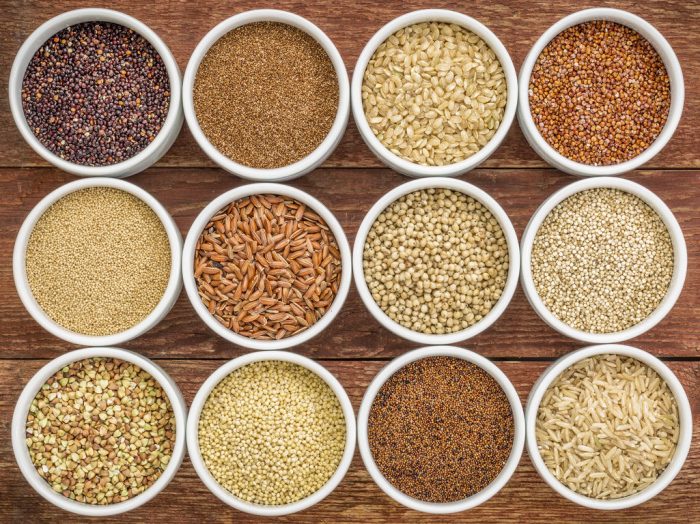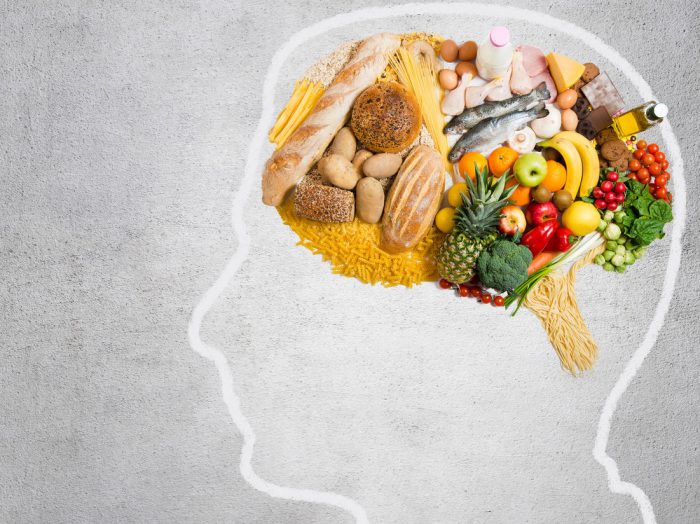The secret of longevity. The perfect health formula. The elixir of beauty and maintaining the ideal body weight. These are just some of the promised benefits of the alkaline diet.
At the opposite end, the excessively acidic diet is considered unsuitable for good overall health, as it can harm all the organs that excrete acids. But what is the “scientific” truth behind these two types of diets?
The truth is that there are different pH levels in the body, depending on its parts. For example, the pH of the blood is between 7.35 and 7.45, slightly alkaline. In the stomach, however, the acidity level is higher, with a pH of 3.5, necessary for the food to be broken down for a proper digestion.
Here are the values of the pH:
- between 0 and 6.9 is acidic;
- between 7.1 and 14.0 is alkaline;
- when the value is 7.0, the pH is neutral.
Certain food categories are considered acidic, neutral or alkaline, such as:
Acidic foods: beef, chicken, fish, dairy products, eggs, cereals, citrus fruits, alcohol, coffee and caffeine-based drinks, processed foods, protein-rich foods or supplements, refined table salt, juices and sweetened beverages.
Neutral foods: fats from natural sources, starch, sugars.
Alkaline foods: fruits (apricots, turmeric, figs, melons, berries, bananas), vegetables (asparagus, sweet potato, celery), nuts, seeds, legumes, tofu.
Specialists in the medical field recommend that 60-80% of the diet should be alkaline and only 20-40% of it acidic. The body needs both categories of food to function properly, but note that food only changes the pH of urine and saliva, not the blood’s. The pH of the blood must remain constant so that the cells function properly.
The human body has its own ways of maintaining an optimal level of acidity, a phenomenon known as the acid-base balance. So, no matter how much acid or alkaline you eat, inside, everything is balanced due to the internal processes sustained by the organs.
The alkaline diet encourages the consumption of fruits and vegetables, limiting the intake of unhealthy fats, processed foods, sugars and meat. But studies have failed to confirm that alkaline foods can change the pH of the blood. The only cases in which the specialists agreed upon a positive outcome were those in which the alkaline diet has proven beneficial for people suffering from gastritis, gastric reflux or have a high level of stomach acid, which should be kept under control.
On the other hand, a diet that includes too many acidic foods, such as proteins or sugars, may increase the level of acidity in the urine, which could, in the long run, lead to kidney stones. There is also speculation that too much acidity can cause damage to muscles and bones. Bones contain calcium, which the body uses to restore blood pH balance when it becomes too acidic.
In short, keep in mind that we need food from all food groups to keep us fit. Eliminating proteins (acidic foods) may help you in the weight loss process, but it will also bring other risks, such as weakened muscles and bones. If you are a healthy person, do not deny yourself the right to enjoy foods from all the important groups, as long as you respect the principle of moderation and exercise daily.





